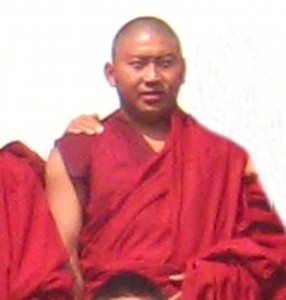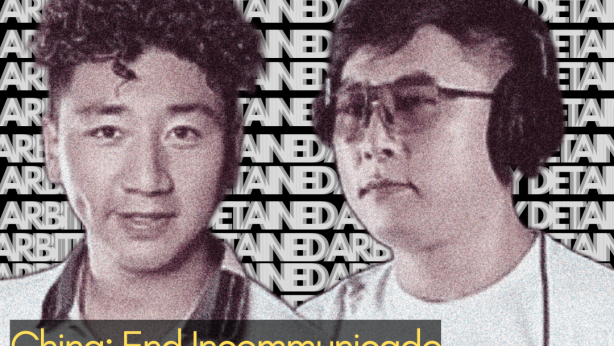China sentences two Tibetan men to 7 1/2 years for sharing information

Two Tibetan men have been sentenced to seven years 6 months and seven years respectively by an Intermediate People’s Court in Barkham (Chinese: Ma’erkang), capital of Ngaba, Tibetan and Qiang Autonomous Prefecture, Sichuan Province.
A lay Tibetan, Thupdor, 25, was sentenced to seven years and six months for sending information out of Tibet and making contacts with outsiders, a reliable source informs TCHRD. Lobsang Tashi, 26, a monk from Kirti Monastery in Ngaba County, was sentenced to seven years for the same charges. The court in Barkham passed down the sentences on 18 September 2012.
Both men are now serving their sentence at Mianyang Prison in Sichuan Province.
Since their detention in November 2011, both men Thupdor and Lobsang Tashi disappeared without any access to due process, and were not allowed to contact their family members. Thupdor went missing for over nine months after his arbitrary arrest, while Tashi’s family members had no information about his condition and place of detention for over six months. According to the source, Lobsang Tashi was detained by a group of officials from the State Secrets Bureau in Chengdu.
Two days before the sentencing, on 16 September, the authorities in Barkham sent a message to the families of Lobsang Tashi and Thupdor to visit Barkham, but no information was given about the impending trial. “Even if the families had any knowledge about the trial, they would not have enough time to arrange their choice of defense lawyers,” the source said.
In the majority of the cases in Tibet, suspects are rarely given the right to choose their own defense lawyers. Due to the political sensitivity with which many of these cases in Tibet are viewed by the Chinese authorities, it is almost always government-appointed lawyers who represent Tibetan suspects. In the past, defense lawyers representing some Tibetan suspects, such as the imprisoned Tibetan filmmakers Dhondup Wangchen or the highly-revered Tibetan lama Phurbu Tsering Rinpoche, were rejected by the Chinese authorities. Moreover, these defense lawyers have faced intimidation and coercion for their courage to represent politically-sensitive cases.


